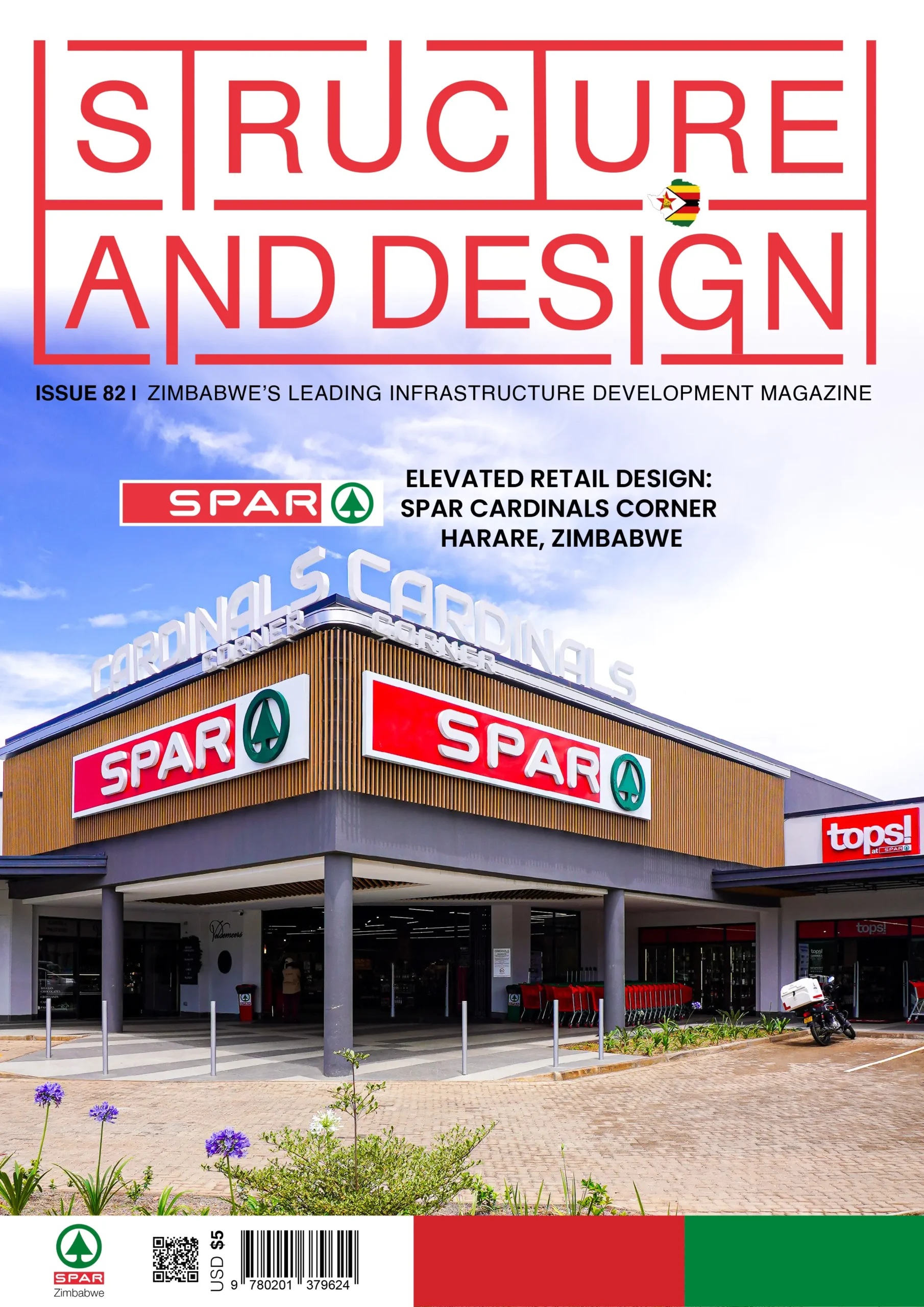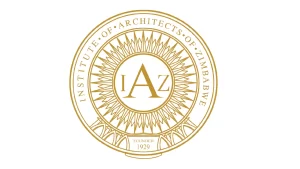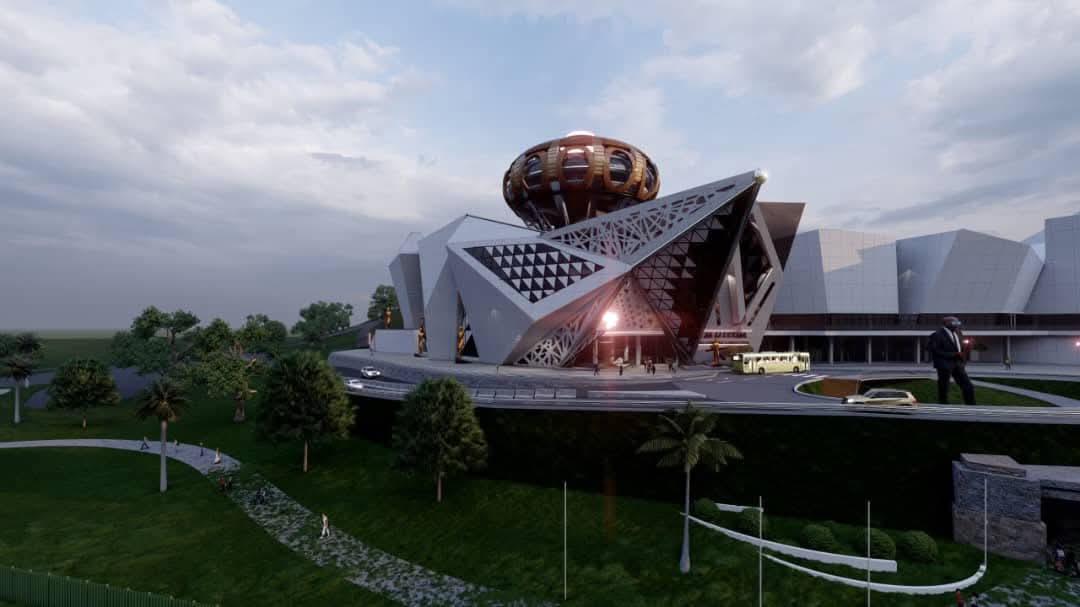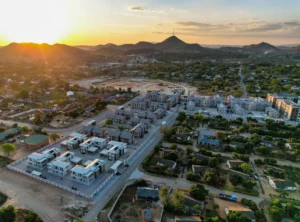The infrastructure in Zimbabwe has virtually collapsed from the ‘jewel’ that the late former President Mwalimu Julius Nyerere of Tanzania implored the then Prime Minister Mugabe to “look well after” at independence in 1980. The roads in Harare, and indeed most other roads networks countrywide, have collapsed such that they now virtually all require to be reconstructed, which situation was caused largely by the lack of timely maintenance and upgrading commensurate with demand. There are incessant and endemic electricity power outages, due to low generation capacity to meet demand, which is still the case in spite of the recent commissioning of the 300 megawatts extension of the Kariba South power station.
There is no or only intermittent municipal water supplies in most parts of Harare, which is the same case as well in most other towns; this sad situation largely emanating from inadequate capacity to treat and supply water, with not many new water treatment plants and reservoirs constructed since 1980.Most sewage treatment plants around the country have been allowed to become dysfunctional, with a few new ones built since 1980, thus most municipalities are releasing raw sewage into the natural drainage systems, some of which like in the case Harare are upstream in the same catchments as the reservoirs supplying its potable water, thus making the treatment of the even water more expensive.
The bottom line is Zimbabwe has failed to maintain the infrastructure that it inherited in 1980 at independence, and to upgrade and expand it commensurate with the increase in the population, which population has almost quadrupled in the 38 years since independence from 4 million to 16 million; Harare had 400 000 residents which is now about 4 million people in the Greater Harare metropolis that includes satellite towns and dormitories like Chitungwiza, Domboshava, Goromonzi, Norton, Ruwa, etc., that rely of Harare for bulk water supplies, and employment, and transport through commuting. There has been uncontrolled and unsanctioned urban sprawl around Harare, and elsewhere, spawned by the so-called “land barons”, without due provision of essential services like roads, water and sewage reticulation.
This is a ticking time-bomb for a major disease outbreak as the unfortunate residents are forced to use shallow wells alongside shallow pit latrines, which scenario poses a huge potential for cross-pollution of the water sources, a recipe for disaster. Thus there is need for massive rehabilitation, reconstruction and expansion of the roads, railways, water supplies, sewage treatment plants, electricity power generation, and all other services, to meet the needs and demands of the current and future population. The decimation of the ’jewel’ to where there are chronic shortages of essential services like water and electricity is a sad indictment of the ineptitude and failure of post-colonial Zimbabwe, to maintain and upgrade the infrastructure to a point where reconstruction has become inevitable.
The infrastructure literally has collapsed, and it now urgently requires full reconstruction and upgrading, with most of it dilapidated beyond rehabilitation; this applies to roads, water and sewage reticulation and treatment plants. The priority areas or sectors which require reconstruction of the infrastructure are to provide adequate roads, electricity power and water supplies sewerage and refuse collection, as well as cemeteries, to service both industry and the people. An adequate and efficient infrastructure base is essential for the economy to function properly. A safe and serviceable road network is vital for the efficient movement of goods and people. Continuous and adequate supplies of electricity and water are fundamental for the efficient performance of industry and commerce, as well as for human consumption. The rampant corruption, populist policies, political patronage, general ineptitude, and reluctance to listen to and accept logical technical professional advice, are some of the reasons the ‘jewel’ that Zimbabwe was 38 ago has been made the basket case that was once a bread basket, a position that the country can and deserves to be restored back to. The engineering profession has always played a pivotal role in the provision of civil infrastructure in society. As such, the engineers must be allowed to play their role in the reconstruction of the country. The engineering fraternity has by and large been respected by the political leadership, so it is hoped that it can be listened to by the leadership in advising it on the need to change course and embark on the reconstruction of the country.
The Role of Engineers in the Reconstruction of Zimbabwe By Eng Bernard Musarurwa – President: The Zimbabwe Association of Consulting Engineers [ZACE] The engineering profession is generally respected by the society; hence it is in the unique position of influencing the required change of direction and spearheading the restoration and reconstruction of Zimbabwe back to glory. Engineers can, and should, be more vocal and visible especially on the need for change of direction from that the country has taken in the past 15 years, by becoming the catalyst, and to also lead the State in reconstruction, especially under the new dispensation. The country is in turmoil socially and economically, and almost everything is now dysfunctional and requiring reconstruction. Yet a significant number of Zimbabweans hold high office in many international institutions and entities, which proves their expertise and capabilities.
There is need to tap into this resource by creating a forum where all concerned citizens may make contributions for consideration by the Government. So there is need to create a think tank and resource base, to help formulate policy, strategy, ventures, and even to mobilise capital. The selfish partisan manner of the past 38 years must stop, because it has failed. The engineering community has to become the forum that fosters the change in direction and to lead the reconstruction in harmony and peace without the poisoned chalice of partisan patronage, because the profession already brings together all citizens in a nonpartisan grouping.
The Zimbabwe Institution of Engineers (ZIE) offers the best medium for being the forum for change; it already hosts the engineers from all disciplines, and it fosters submission of technical papers, as well as offer training in continuing professional development through courses and workshops. Perhaps the ZIE may foster the establishment of the think-tank, with a well-resourced secretariat to coordinate and synthesize the contributions made by all citizens, into working papers that may be adapted and adopted by Government into policy documents for the reconstruction of Zimbabwe. A system of honorary awards already exists for recognition of excellence, and it just needs more support from individuals, institutions and the corporate world.
By Eng Bernard Musarurwa – President: The Zimbabwe Association of Consulting Engineers [ZACE]










